Tanz der Verfolgten – Decolonising Bauchtanz. Nora Amin

What is Belly Dance? Is it the sensual dances you see in some old movies? Is it a traditional Arab and Turkish dance? Is it a folklore? A cultural dance? An erotic dance?
Between the commercial and capitalist labels of entertainment, and a history of intertwined patriarchy and coloniality, Raqs Sharqi/Baladi remains objectified and labeled as inferior to any other form of dance. Starting from its name “Belly Dance” which projects a western gaze and colonial categorisation that does not reflect at all the richness of the vocabulary nor the complexity of the technique, and until the subjugation and shaming of the form within any level of institutionalised dance and dance education. In Germany, it sounds ordinary to look down to that form of dance and to its practitioners. Throughout my dance journey here in Berlin, which I started in 2015 as an Egyptian migrant, attempting to write, perform and instruct classes and dance workshops of my Raqs Baladi became one way for me to decolonise my own culture from the gaze of the other, and to retrieve the feminist and political approach towards the body and the sexuality as forms of resistance and of creating self authorship in dance and autonomy in general.
Throughout my research on decolonising my dance, I became aware that it can be a catalyst towards the decolonisation of dance practise and knowledge in general. For how good it is to fight for equality/equity and diversity if some forms are still stigmatised and exoticised? How good is it to have POC artists in leading positions if the non-western forms are still looked upon as almost “not dance”? How good is it to create conferences about racism if our dance pedagogy and education are still governed in racist terms? And how can we liberate our dance knowledge transfer from colonial and discriminatory structures so that we can develop and expand our understanding of dance beyond the limitations of elitist and hegemonic taste?
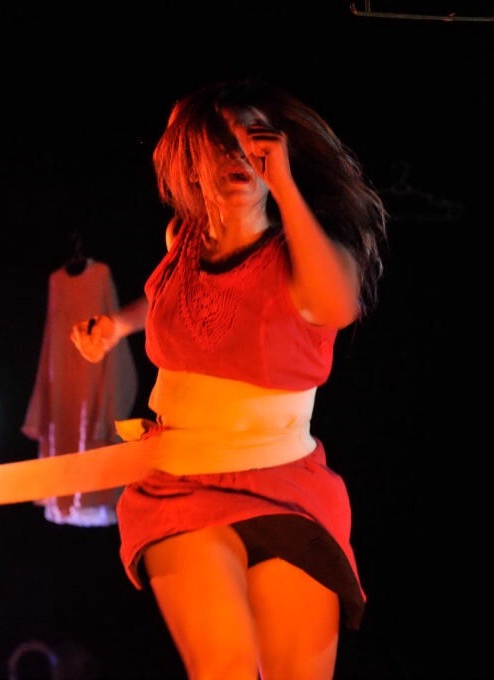
The research time with DIS-TANZEN helped me to make time to ask questions within my field and my peers, the result of which only proved that our dance field in Germany, and in Berlin, is still holding supremacy to western and white institutionalised dance, and that contemporary dance has been the delegate of privilege and hierarchy, while my dance remains a Tanz der Verfolgten.

More from Nora Amin
https://www.tanzraumberlin.de/magazin/artikel/our-other-body/
https://pap-berlin.de/en/consultation-orientation/industry-get-together/industry-get-together-audio-archive-2020

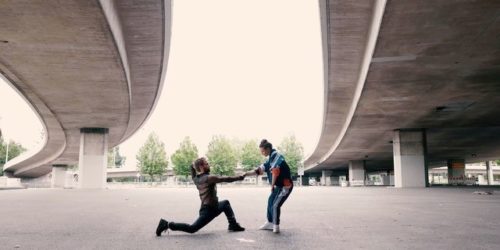

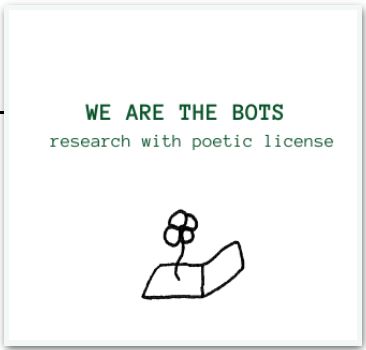
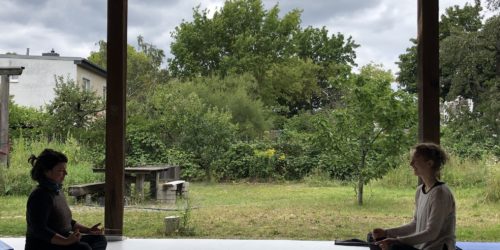
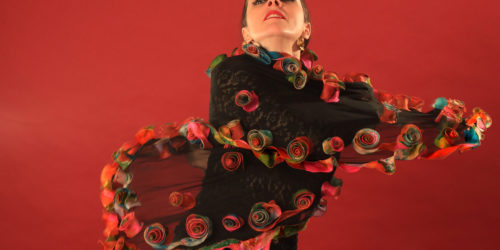
Hallo an alle!
Superinteressant!
Ist die Arbeit von Nora erhältlich? Gibt es eine schriftliche Ausarbeitung und kann sie zur Verfügung gestellt werden?
Liebe Grüße,
Melanie
http://www.matthes-seitz-berlin.de/autor/nora-amin.html